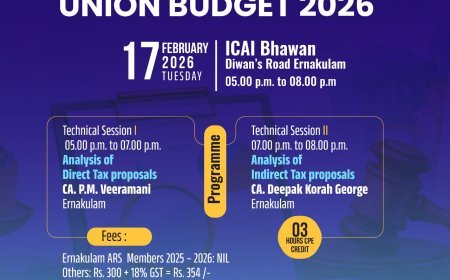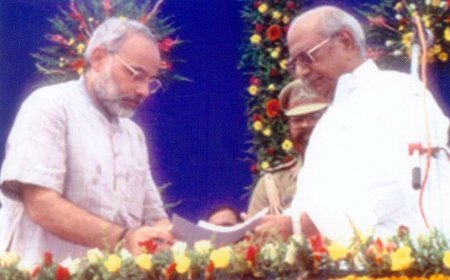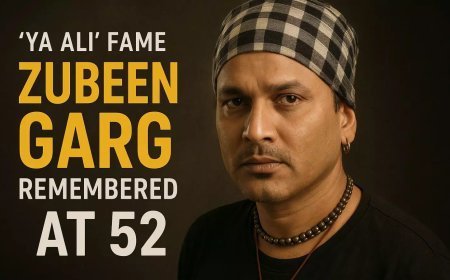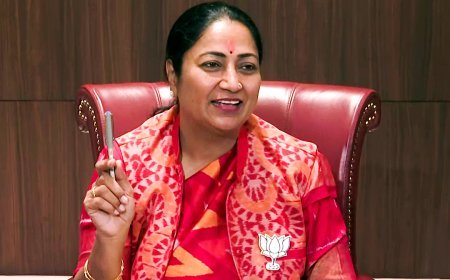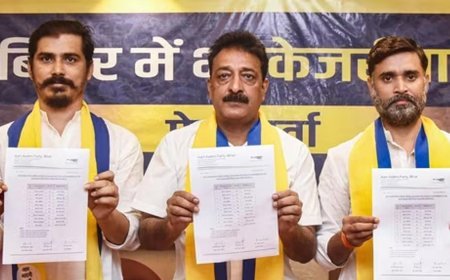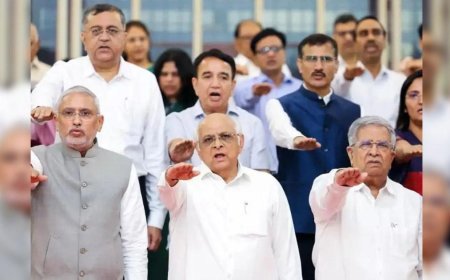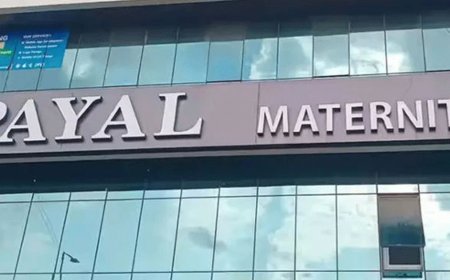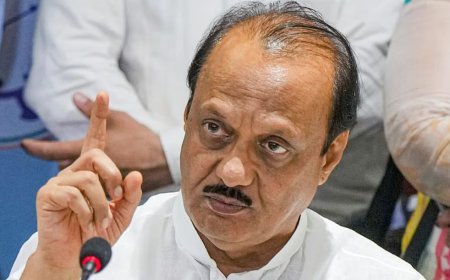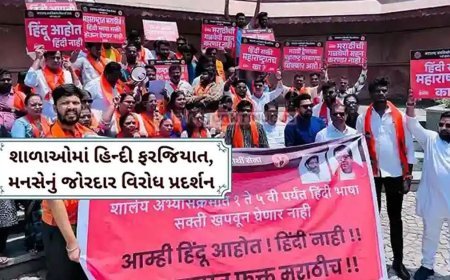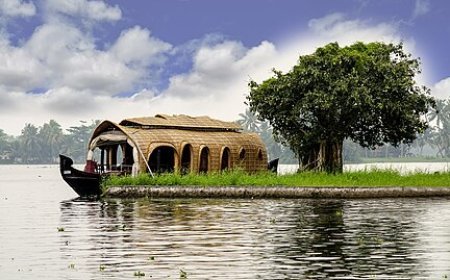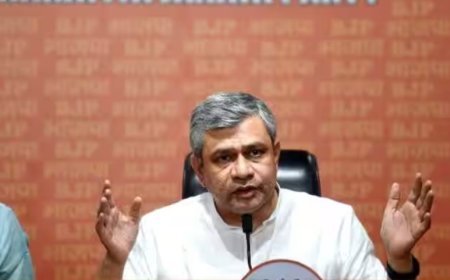Waqf Amendment Bill Likely To Be Tabled After Eid
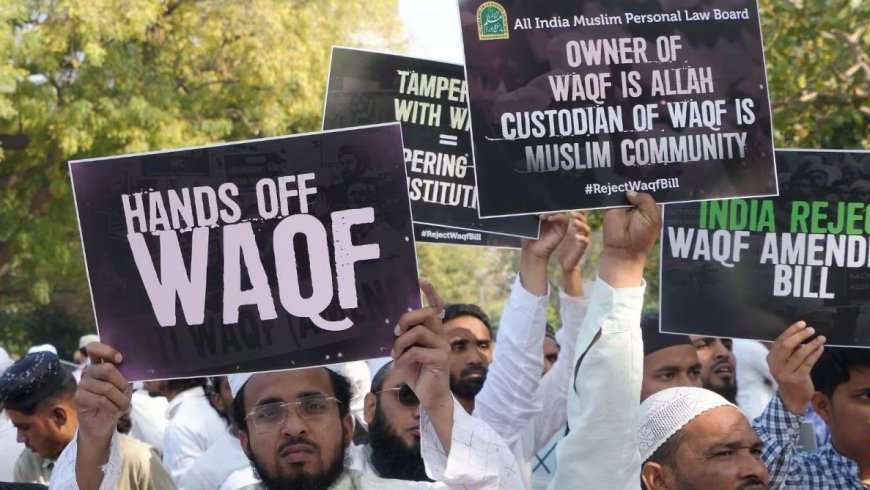
Parliament is getting ready for a stormy week amid speculation that the Centre is set to table the Waqf Amendment Bill in both Houses.
The All India Muslim Personal Law Board (AIMPLB) has launched countrywide protests saying the new law is against the community. Multiple opposition-ruled states have passed resolutions against the bill, while opposition parties in Parliament are united against it. Some like AIMIM leader Asaduddin Owaisi are even saying Muslims will never forgive NDA allies like Janata Dal (United), Telugu Desam Party (TDP), Chirag Paswan and Jayant Chaudhary, if they back it.
All this has raised a big question – is a protest on the scale of the Citizenship (Amendment) Act being planned? Is this even justified after a joint parliamentary committee (JPC) produced a 944-page report, including 300 pages of dissent from opposition parties, after nearly six months. Also, will the central government bring and pass the bill in the current budget session or put it off for now, given the upcoming Bihar assembly elections? The Waqf Amendment Bill is arguably the most politically contentious legislation to come up so far in the BJP’s new term.
Waqf deeds have been made compulsory. All property details must be uploaded on a portal within six months. Any government property declared as Waqf before or after the Waqf Amendment Act, 2025, will not be considered Waqf property. An officer above the rank of collector will conduct an inquiry as per law to determine whether a Waqf property is government property or not. All this will provide clarity on ownership and avoid unnecessary litigation.
To ensure creation of Waqf is genuine, only individuals practising Islam for at least five years will be able to dedicate property to Waqf. The person must legally own the property and be competent to transfer or dedicate it.
Section 40 that allowed the Waqf Board to declare any property as Waqf will no longer exist, to rationalise the power of the Waqf Board. Also, tribunal decisions will no longer be final; appeals can be filed in the high court within 90 days. A district collector will verify the genuineness of registration applications
There will be at least two Muslim women in the Central Waqf Council and state Waqf boards, and one member each from the Bohra and Aghakhani communities in state/UT Waqf boards. Muslims belonging to backward classes will be part of the boards as well, which will have two non-Muslim members. State governments can also establish separate Waqf boards for Bohra and Aghakhani communities. All this is with the idea of promoting inclusivity and diversity in Waqf property management.
A highly important provision is that long-standing Waqf properties like mosques and graveyards are being given protection. Some properties in the past became Waqf based on their long-term use for religious or charitable purposes, even without formal documentation. While this provision will no longer be there as Waqf deeds are becoming compulsory, protection will be given to Waqf properties like mosques and graveyards already registered with the Waqf Boards on or before the commencement of this Act, unless they are disputed or classified as government property.
The government has defended the new law, saying some are trying to instil fear in and misguiding Muslims. It has described the new law as a crucial reform to enhance transparency, ensure gender equality, and streamline Waqf administration while addressing concerns related to misuse and unauthorised occupation.
Ministers have said the amendments reflect a balanced approach, incorporating diverse perspectives and protecting the rights of beneficiaries, particularly women and marginalised communities. By strengthening governance and accountability mechanisms, the amendments aim to modernise Waqf management while preserving its religious and charitable intent.
The new law will also ensure that adequate potential of Waqf properties is used, significantly benefiting the poor and women, as well as establishment of essential institutions such as hospitals, schools, colleges, and orphanages. The government also intends to provide financial security and end social marginalisation of widows, divorced women, and orphans in the Muslim community.
The government feels that without these reforms, Waqf governance will continue to face inefficiencies, legal conflicts, and public grievances. Ensuring inclusivity is essential for Waqf institutions to fulfil their intended purpose and maximise their impact on society – this is what the government’s stand is.
What's Your Reaction?




















